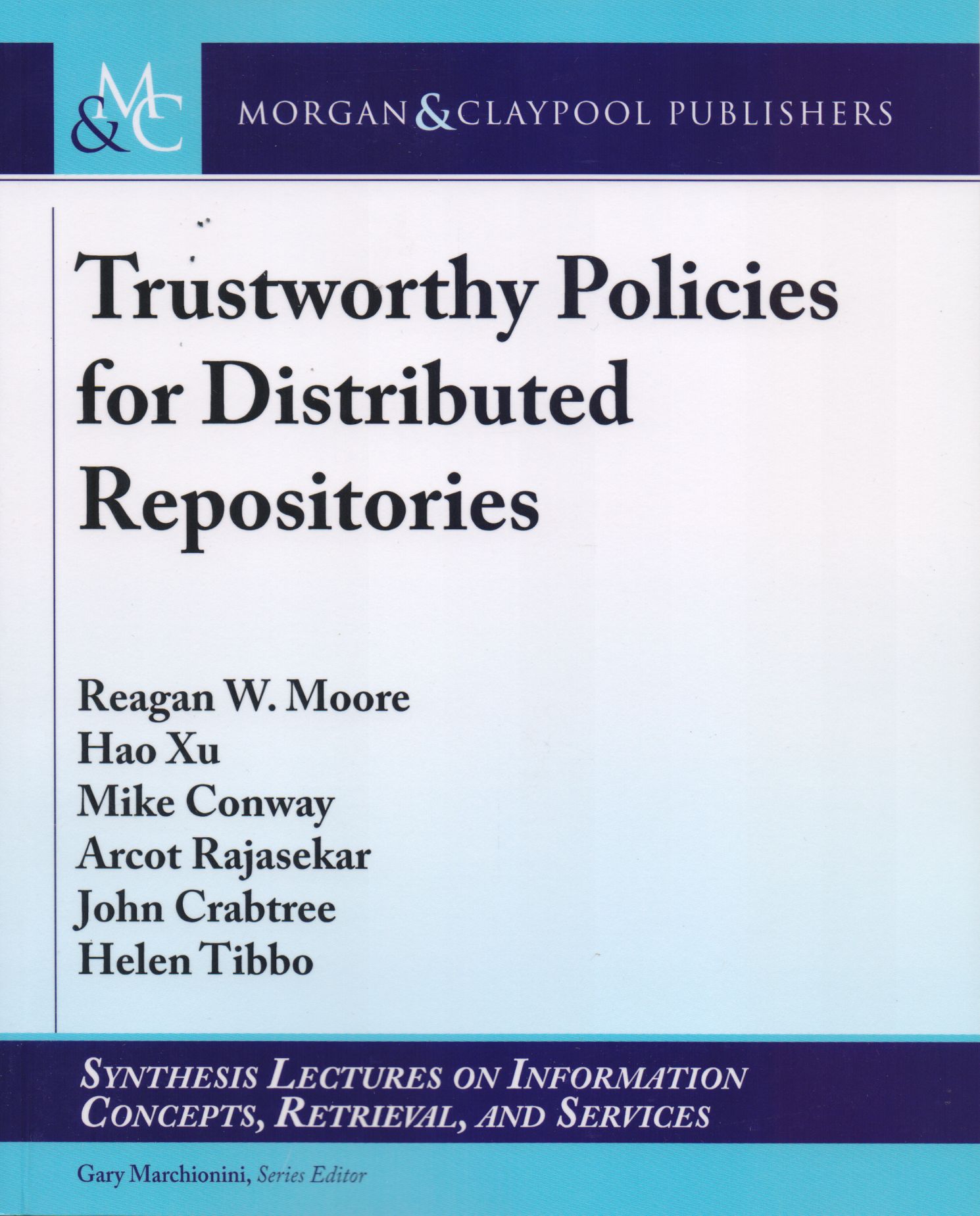Libros relacionados
 |
Scholarly Collaboration On The Academic Social Web He, Daqing / Jeng, Wei Morgan & Claypool Publishers |
 |
Dynamic Information Retrieval Modeling Hui Yang, Grace / Sloan, Marc / Wang, Jun Morgan & Claypool Publishers |
 |
Learning From Multiple Social Networks Nie, Liqiang / Song, Xuemeng / Chua, Tat-Seng Morgan & Claypool Publishers |
 |
Trustworthy Policies For Distributed Repositories W. Moore, Reagan / Xu, Hao / Conway, Mike / Rajasekar, Arcot Morgan & Claypool Publishers |
 |
Notion Of Relevance In Information Science, The: Eveybody Knows What Relevance I Saracevic, Tefko Morgan & Claypool Publishers |
 |
Semantic Interaction For Visual Analytics: Inferring Analytical Reasoning For Mo Endert, Alex Morgan & Claypool Publishers |
 |
Implementing And Assessing Use-Driven Acquiitions: A Practical Guide For Librari Carrico, Steven / Leonard, Michelle / Gallagher, Erin Rowman & Littlefield Publisher Inc |


|
Título: Database Anonymization: Privacy Models, Data Utility, And Microaggregation-Based | |
| Autor: Domingo-Ferrer, Josep / Sánchez, David / Soria-Comas, Jordi | Precio: $1125.00 | |
| Editorial: Morgan & Claypool Publishers | Año: 2016 | |
| Tema: Informacion, Seguridad, Literatura Mexicana | Edición: 1ª | |
| Sinopsis | ISBN: 9781627058438 | |
| The current social and economic context increasingly demands open data to improve scientific research and decision making. However, when published data refer to individual respondents, disclosure risk limitation techniques must be implemented to anonymize the data and guarantee by design the fundamental right to privacy of the subjects the data refer to. Disclosure risk limitation has a long record in the statistical and computer science research communities, who have developed a variety of privacy-preserving solutions for data releases. This Synthesis Lecture provides a comprehensive overview of the fundamentals of privacy in data releases focusing on the computer science perspective. Specifically, we detail the privacy models, anonymization methods, and utility and risk metrics that have been proposed so far in the literature. Besides, as a more advanced topic, we identify and discuss in detail connections between several privacy models (i.e., how to accumulate the privacy guarantees they offer to achieve more robust protection and when such guarantees are equivalent or complementary); we also explore the links between anonymization methods and privacy models (how anonymization methods can be used to enforce privacy models and thereby offer ex ante privacy guarantees). These latter topics are relevant to researchers and advanced practitioners, who will gain a deeper understanding on the available data anonymization solutions and the privacy guarantees they can offer | ||
Librería Bonilla SA de CV © Todos los derechos reservados. 2019
Última actualización: Jul 2019





